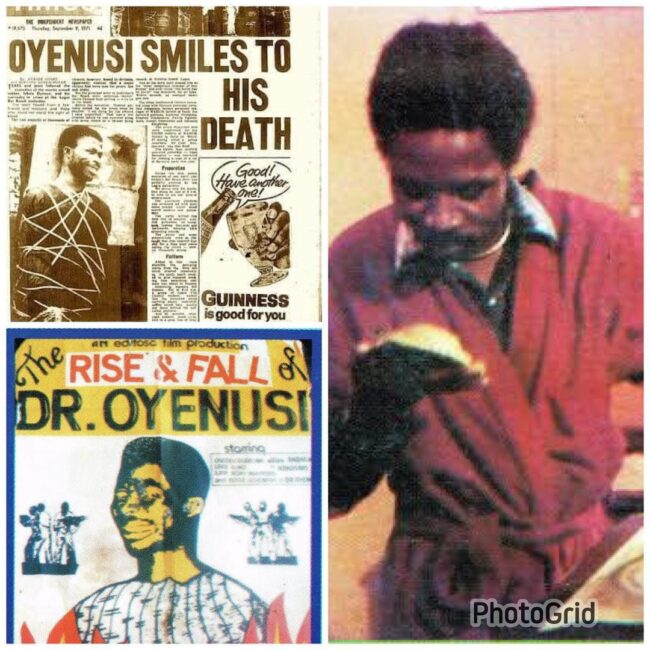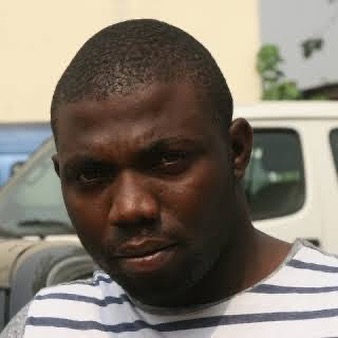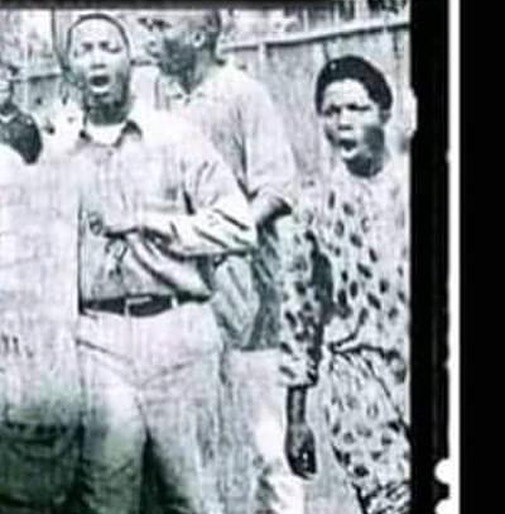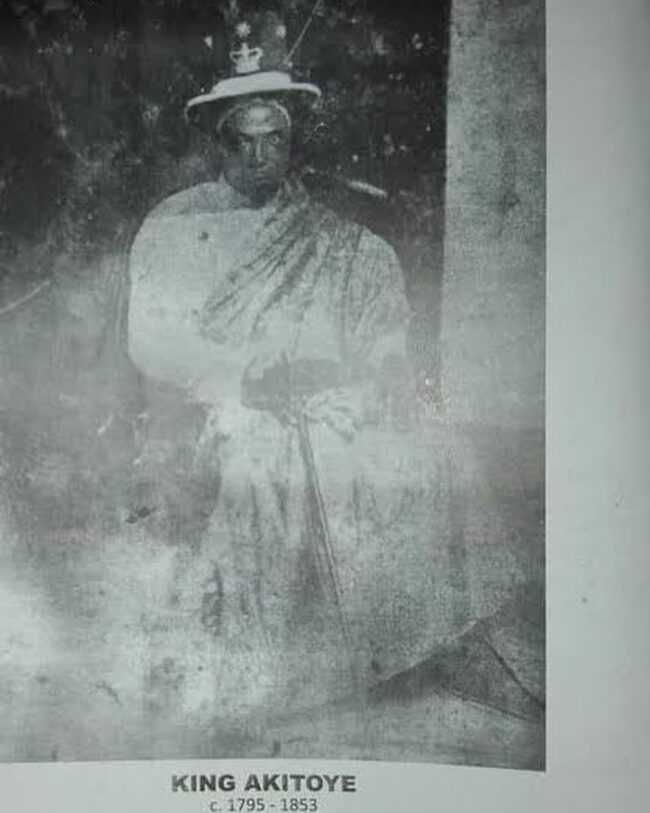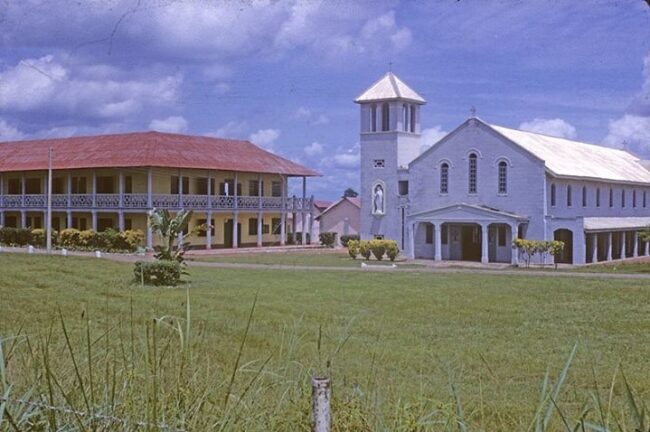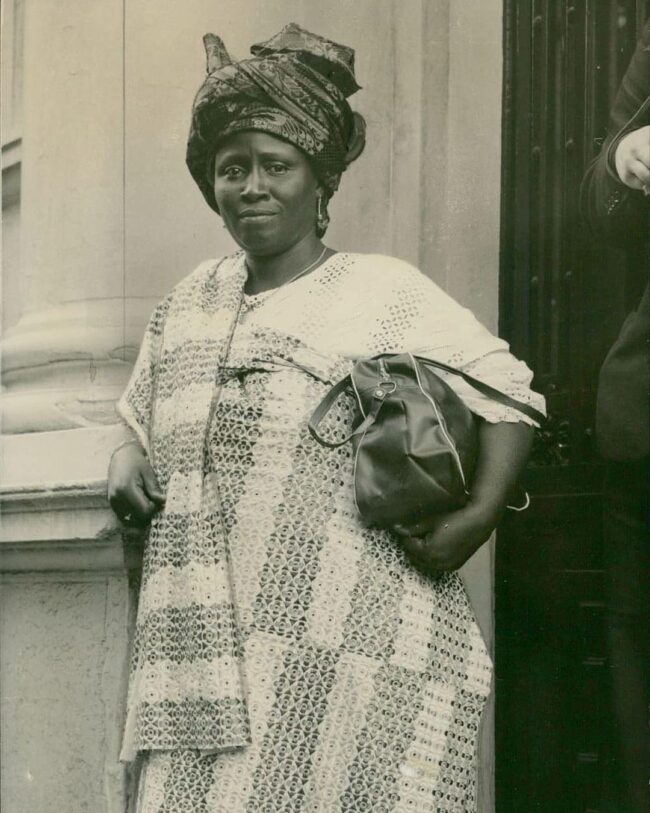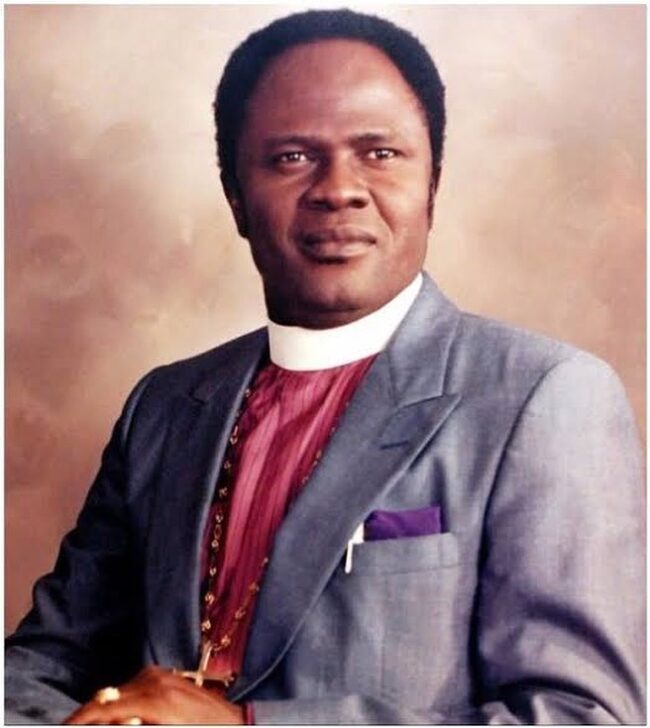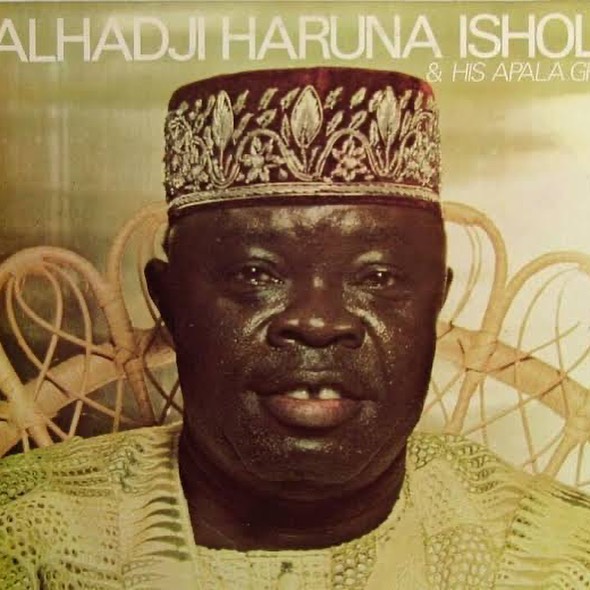Veteran Movie Producer, Eddie Ugbomah Uncovers a Can of Worms in the Nigerian Political Space
After Ishola Oyenusi was executed in the early 1970s, Nigerian movie makers wanted to make a movie about him titled “Oyenusi.” But they were scared to do it because it was a risky topic. This fear lasted long that even in 1977, the veteran movie director, Eddie Ugbomah, called for actors to play the role of Oyenusi in a movie he was about to produce titled “The Rise and Fall of Dr. Oyenus”, but no actor was brave enough to step forward to play the role. They all feared that yenusi’s boys might give them some trouble and hard times. However, the courageous Eddie Ugbomah was forced to assume the role of Oyenusi. Producer Eddie Ugbomah In the movie, he revealed the secrets of top Nigerian officials and military men backing Oyenusi and his gang by providing them money and weapons. As expected, Eddie Ugbomah was intimidated and eventually, his store was ransacked. He was told in a letter to stop shooting the movie and everything would be returned to him. But Eddie Ugbomah proved not to be a coward by eventually releasing the movie in 1977. Eddie Ugbomah was a Nigerian film director and producer who lived from 19 December 1940 to 11 May 2019. He produced and directed movies like Apalara, which is about the life and murder of Alfa Apalara in Oko Awo, Lagos, The Mask, The Boy is Good, and The Rise and Fall of Oyenusi, which was released in 1979. A few of his films have plots that are partially inspired by actual events.

